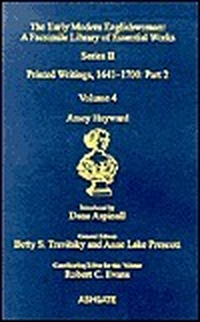When We All Go Home: Translation and Theology in LXX Isaiah 56-66
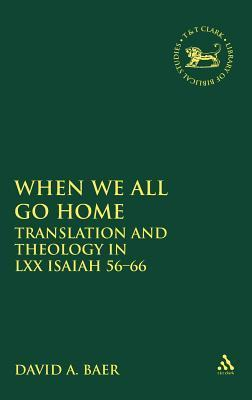
Summary
Paying special attention to chapters 56-66, David Baer analyses the labour that resulted in the Greek Isaiah. He compares the Greek text with extant Hebrew texts and with early biblical versions to show that the translator has approached his craft with homiletical interests in mind. This earliest translator of Isaiah produces a preached text, at the same time modifying his received tradition in theological and nationalistic directions which would reach their full flower in Targumic and Rabbinical literature. In basic agreement with recent work on other portions of the Septuagint, the Greek Isaiah is seen to be an elegant work of Hellenistic literature whose linguistic fluidity expresses the convictions and longings of a deeply Palestinian soul.
Similar Books
-
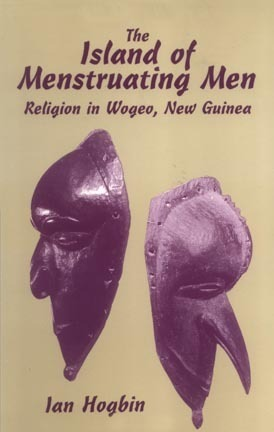 The island of menstruating men;: Religion in Wogeo, New Guinea
The island of menstruating men;: Religion in Wogeo, New Guineaby Herbert Ian Hogbin
-
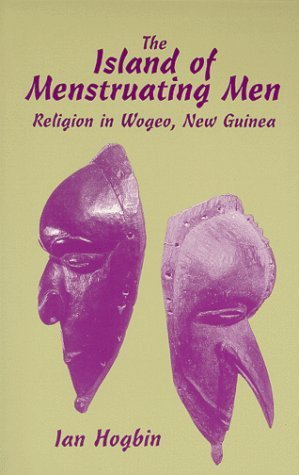 The Island of Menstruating Men: Religion in Wogeo, New Guinea
The Island of Menstruating Men: Religion in Wogeo, New Guineaby Herbert Ian Hogbin
-
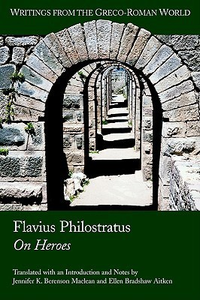 Flavius Philostratus: On Heroes
Flavius Philostratus: On Heroesby Philostratus
-
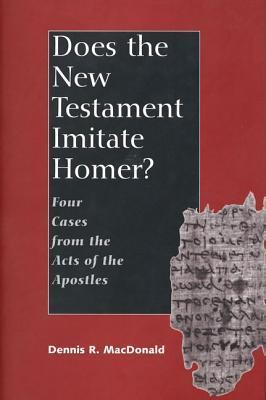 Does the New Testament Imitate Homer?: Four Cases from the Acts of the Apostles
Does the New Testament Imitate Homer?: Four Cases from the Acts of the Apostlesby Dennis Ronald MacDonald
-
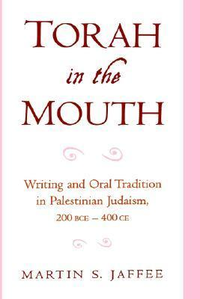
-
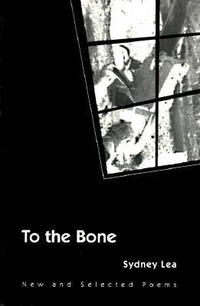 To the Bone: NEW AND SELECTED POEMS (Illinois Poetry
To the Bone: NEW AND SELECTED POEMS (Illinois Poetryby Sydney Lea
-
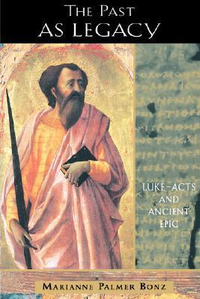 The Past as Legacy
The Past as Legacyby Marianne Palmer Bonz
-
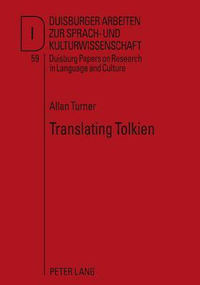
-
 Psalm 119: The Exaltation of Torah
Psalm 119: The Exaltation of Torahby David Noel Freedman
-
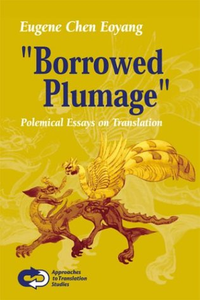 "Borrowed Plumage": Polemical Essays on Translation
"Borrowed Plumage": Polemical Essays on Translationby Eugene Chen Eoyang
-
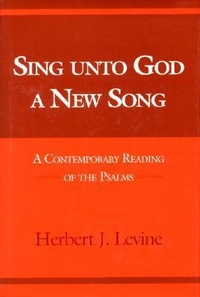 Sing Unto God a New Song: A Contemporary Reading of the Psalms
Sing Unto God a New Song: A Contemporary Reading of the Psalmsby Herbert J. Levine
-
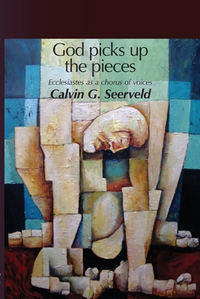 Liberation Themes in Reformational Perspective
Liberation Themes in Reformational Perspectiveby Calvin G Seerveld
-
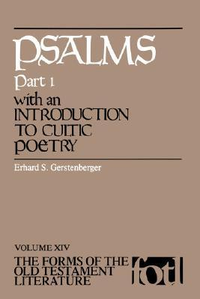 Psalms, Part 1: An Introduction to Cultic Poetry (The Forms of the Old Testament Literature
Psalms, Part 1: An Introduction to Cultic Poetry (The Forms of the Old Testament Literatureby Erhard, S. Gerstenberger
-
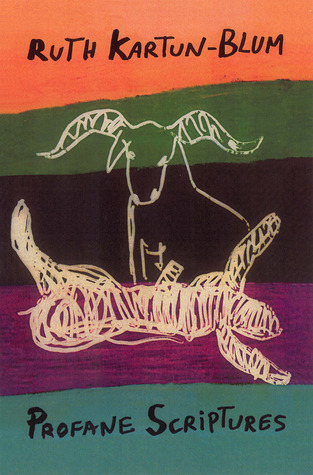
-
 The Pastoral Narcissus
The Pastoral Narcissusby Clayton Zimmerman
-
 Wisdom's Many Faces
Wisdom's Many Facesby Robert C. Hill
-
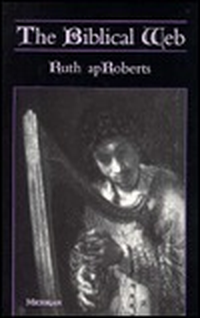 The Biblical Web
The Biblical Webby Ruth Aproberts
-
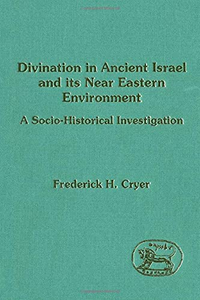
-
